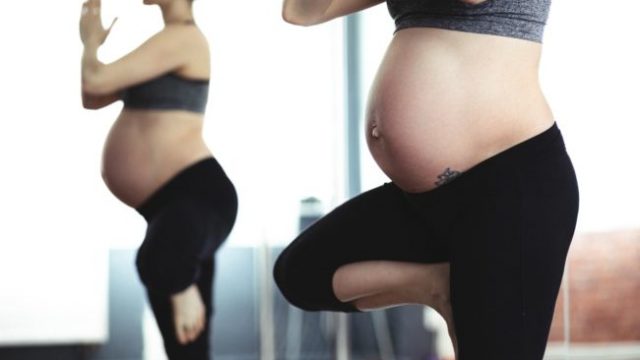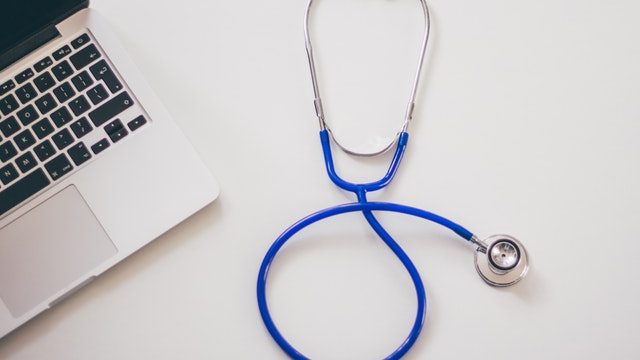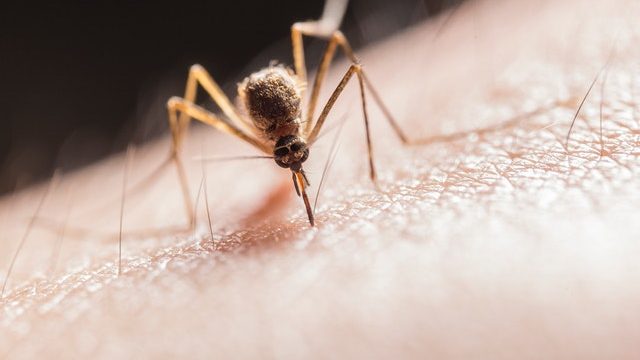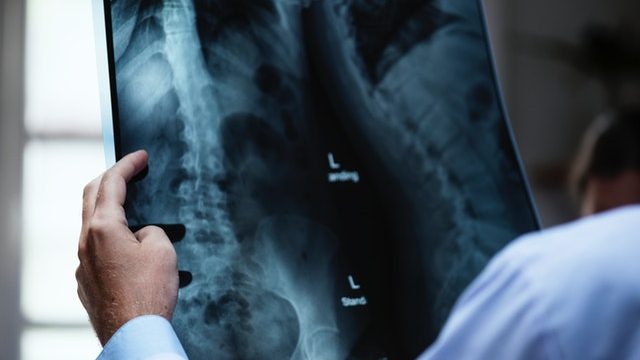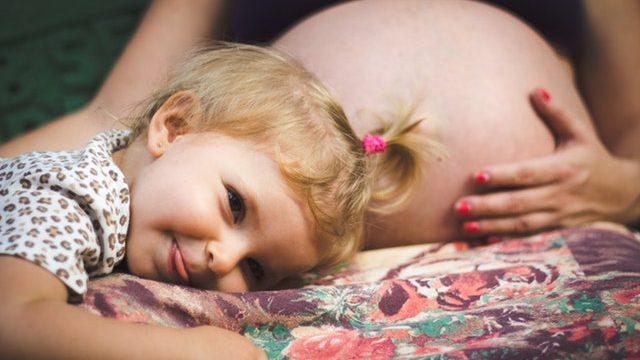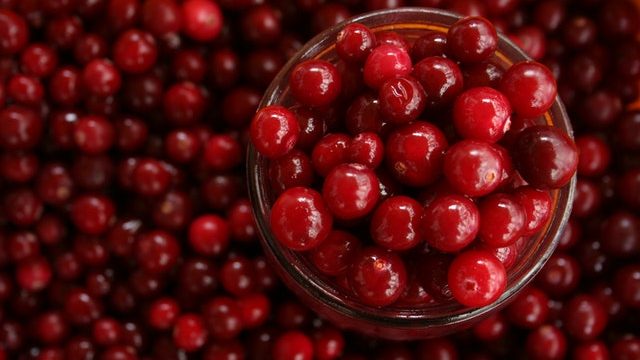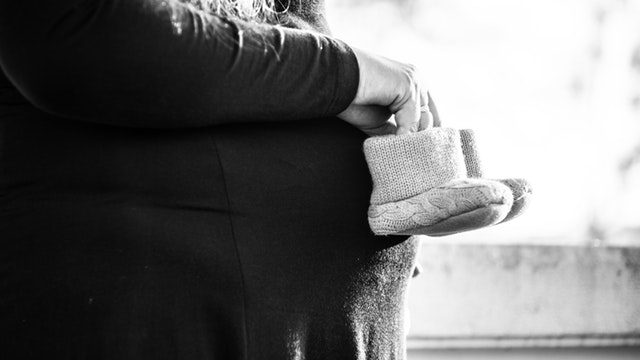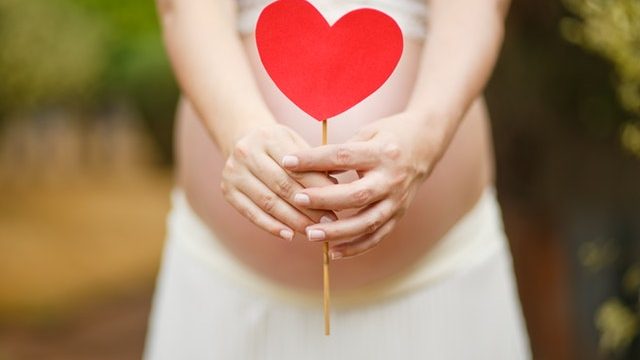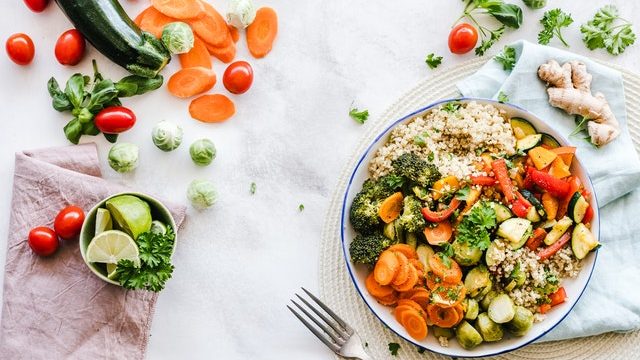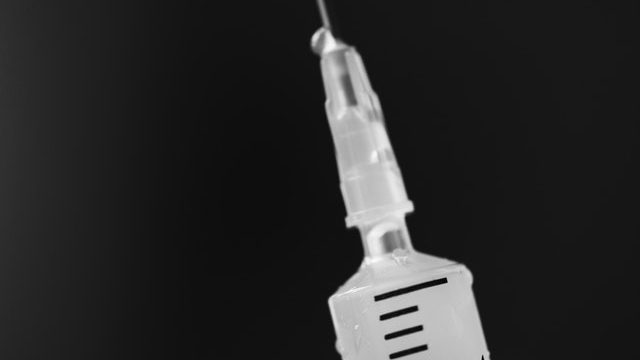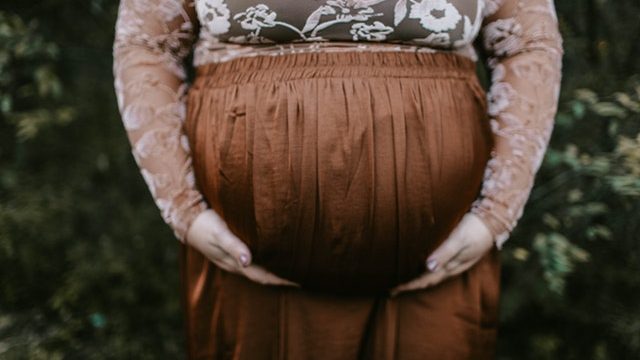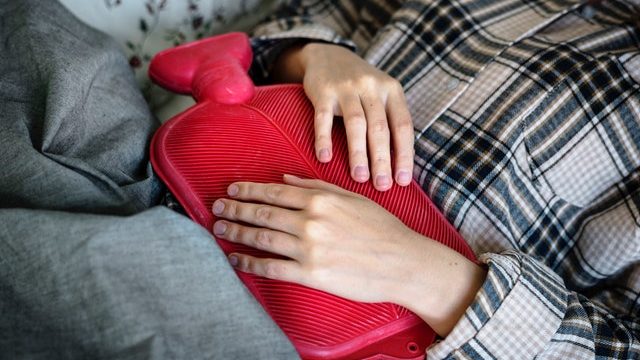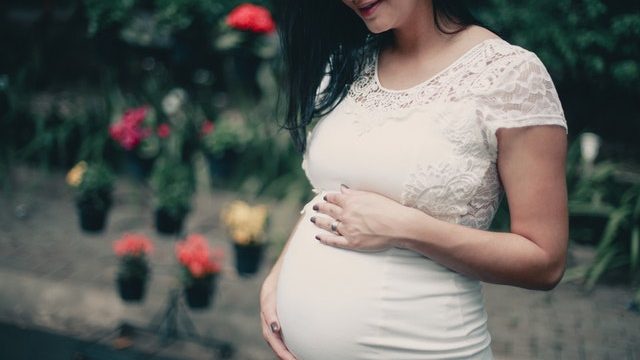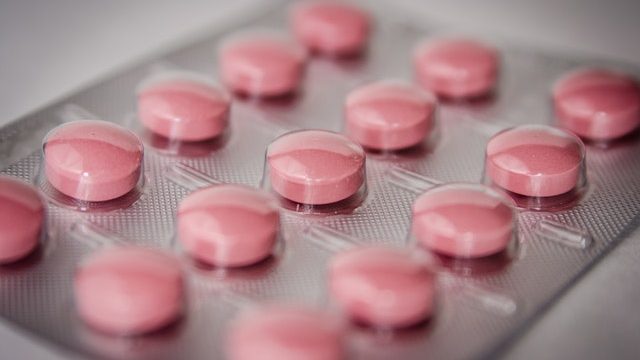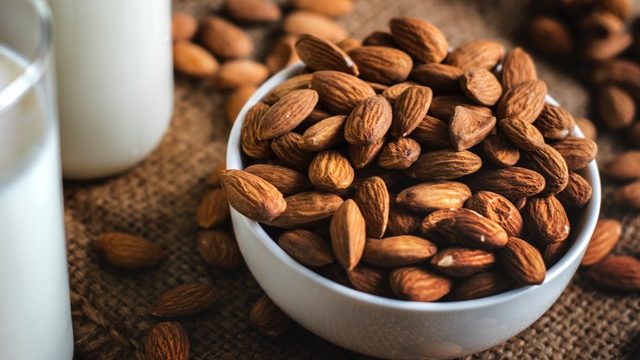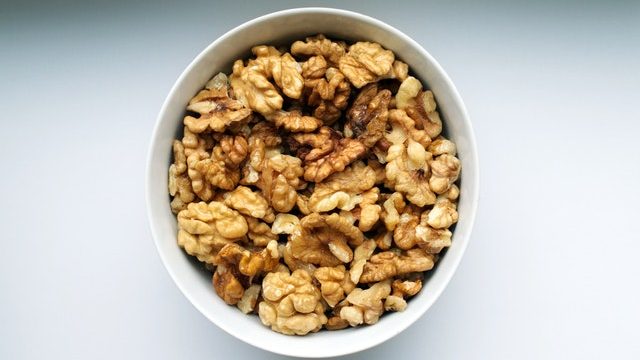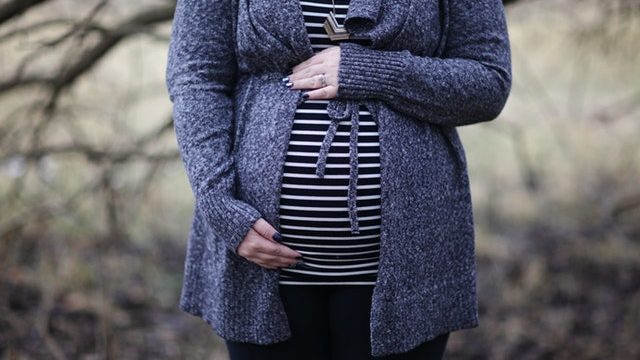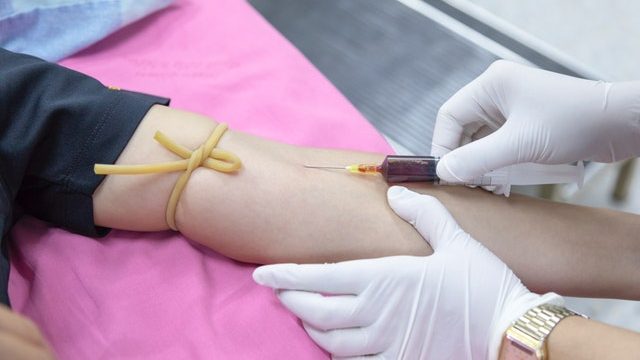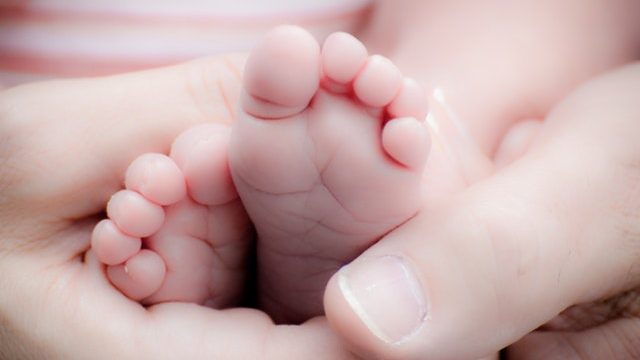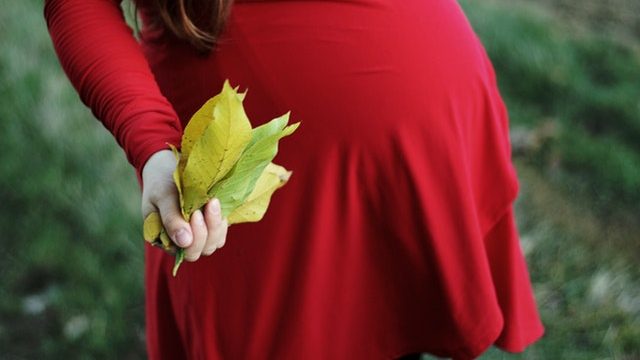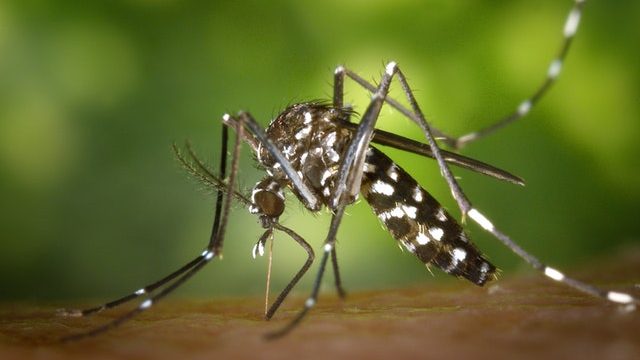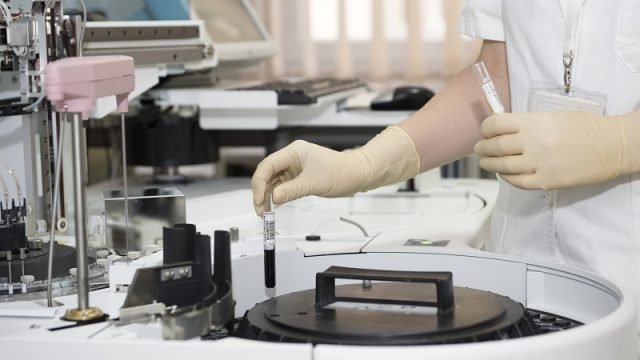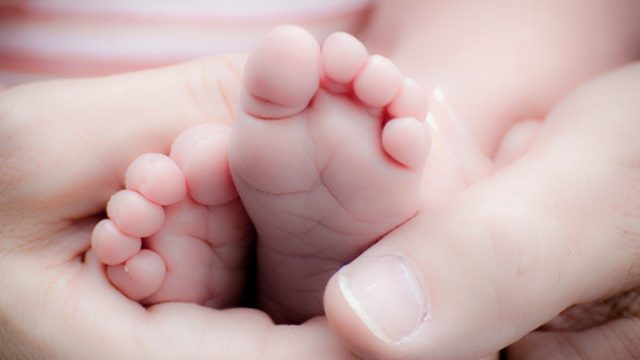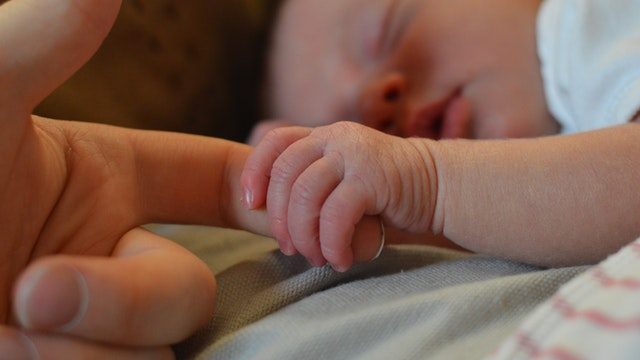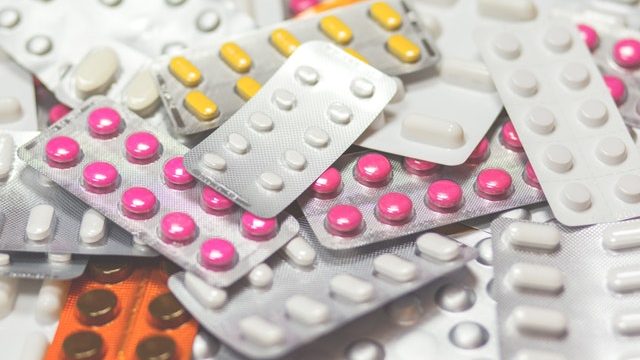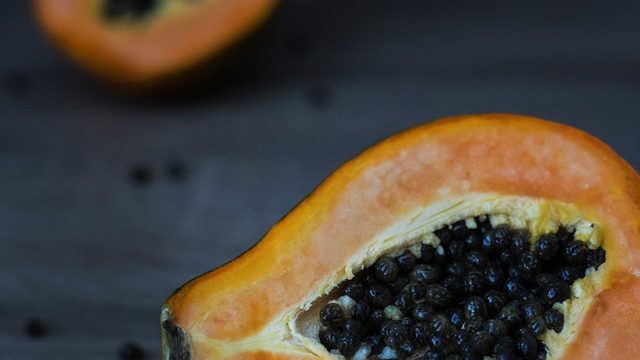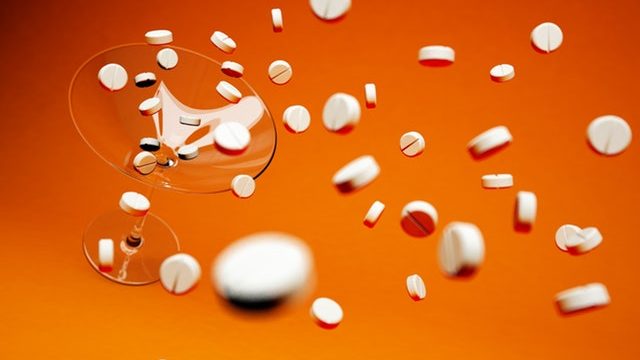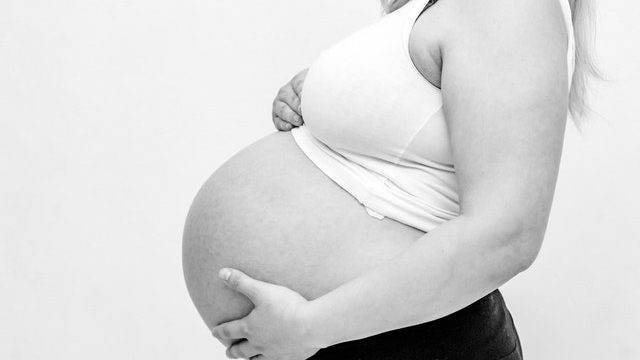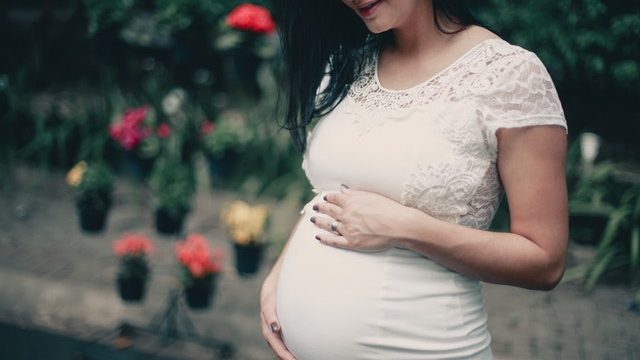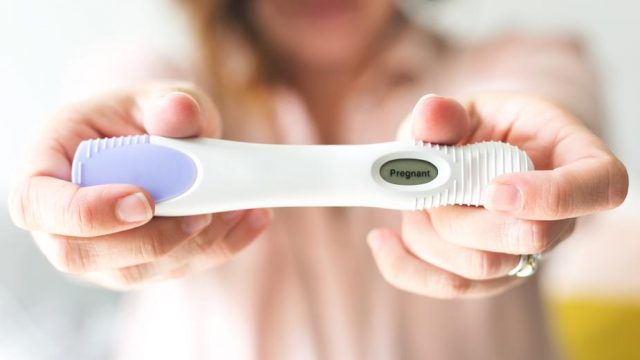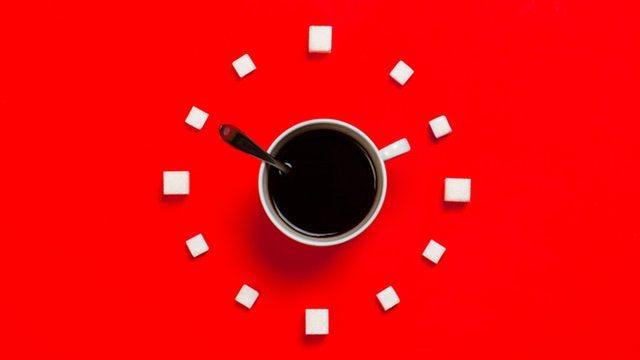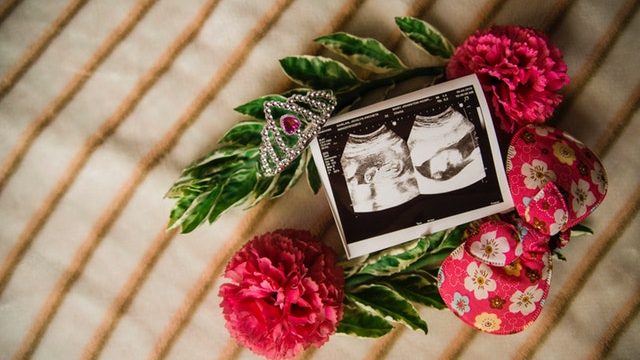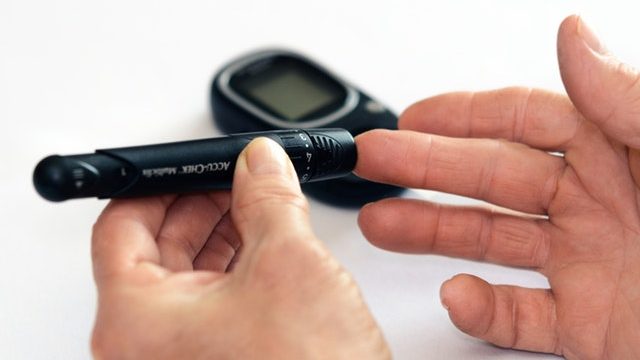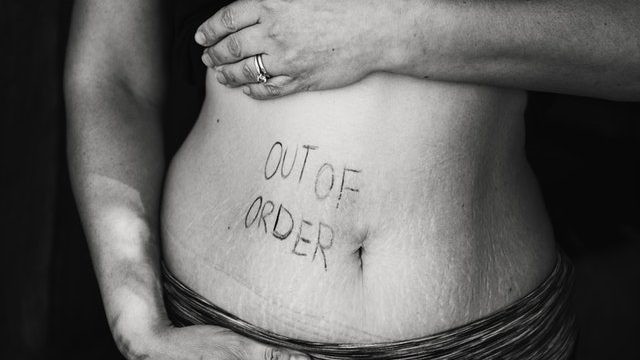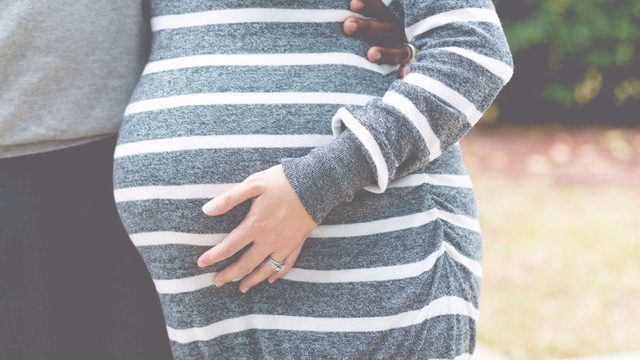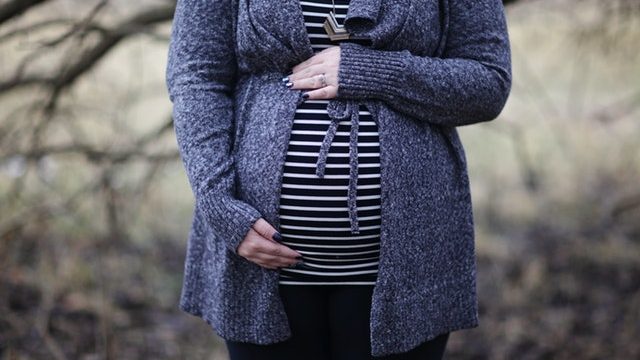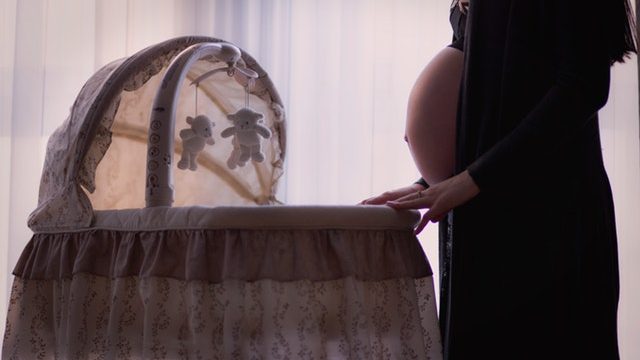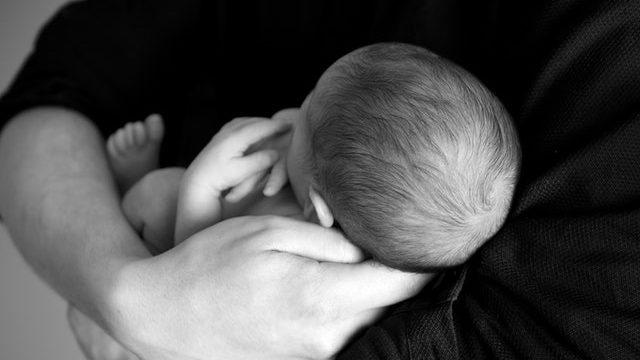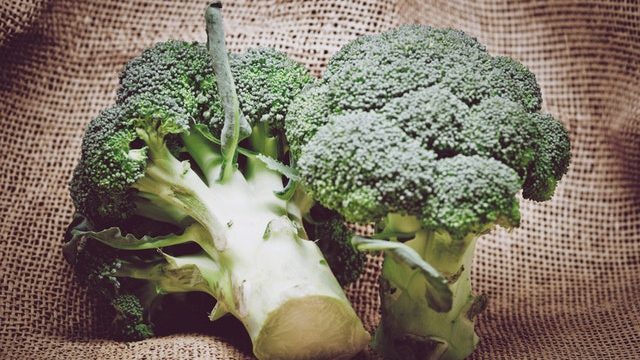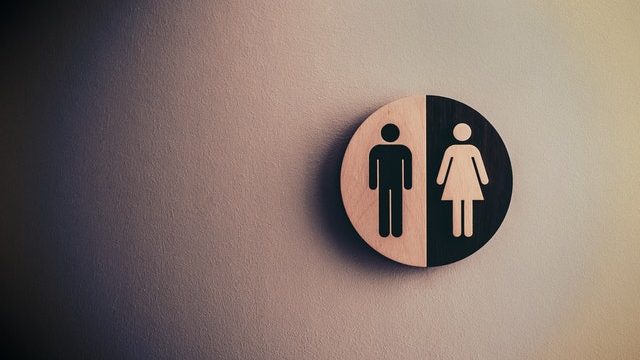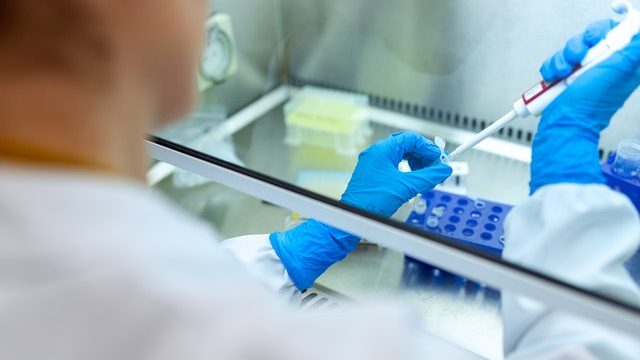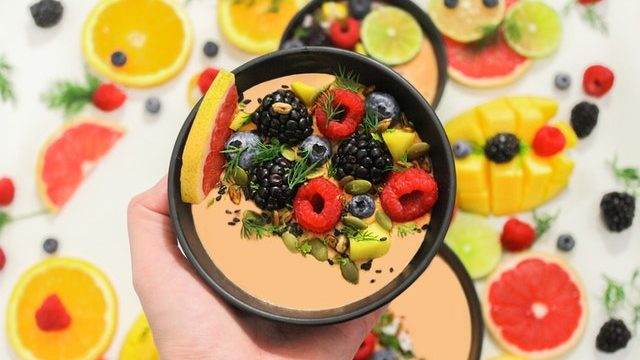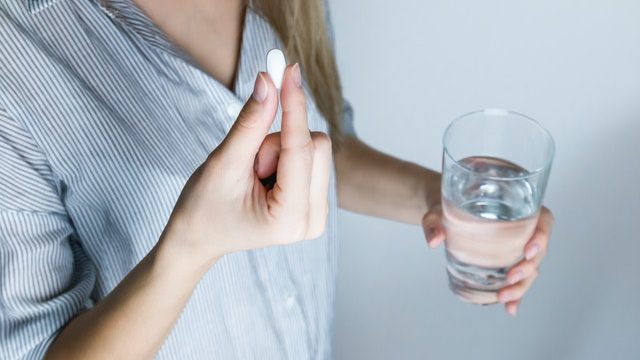Iron is an important mineral that is found in the human body. It is the main component of haemoglobin (Hb), which is important pigment in the red blood cells which are present in the blood. The haemoglobin (Hb) takes the oxygen from the lungs and then transports it to every cell of the body where it is released for utilization.
If the iron levels are low, then the haemoglobin is low and oxygen transport is affected. Low Hb is known as anaemia.
Iron Sources
We get the iron from our diet.
Meat is rich in iron as it contains haemoglobin from the animal’s body. The liver is particularly rich in iron. Plants sources of iron are cereals, whole grain flakes (breakfast cereals), legumes such as lentils and beans, green leafy vegetables like spinach, fenugreek, lettuce, and herbs like parsley and cress.
Pregnancy
In pregnancy, there are many changes that happen and are natural. There is a dilution of blood and an increase in the volume of blood in the circulation. Due to this, there is a minor drop in the Hb levels during pregnancy.
In the first three months and last three months, haemoglobin levels above 11 grams per decilitre are considered to be normal. Between three and six months of pregnancy, a small drop to 10.5 grams per decilitre is also considered to be normal.
Any level below this is considered as anaemia.
Iron deficiency anaemia can have an impact on the pregnancy, both the mother and the baby. It can cause an increased predisposition to infections, low birth weight babies, and higher chances of bleeding post-delivery.
Diagnosis
It is easily done with a simple blood test- CBC. This will give the level of Hb and the description of the blood cells will indicate the reason for the anaemia. In Iron deficiency, the cells are smaller than their usual size and lighter in colour. Further iron levels can be measured in the blood.
Prevention and Treatment
Iron supplements are particularly important for pregnant women who have anaemia. In women who have normal iron levels, iron supplements are given to prevent anaemia.
WHO recommends daily oral iron (30 mg to 60 mg of elemental iron) for pregnant women to prevent maternal anaemia, puerperal sepsis, low birth weight, and preterm birth.
In India where anaemia during pregnancy is a serious public health problem (i.e. where at least 40% of pregnant women have a blood haemoglobin [Hb] concentration <11 gms%), a daily dose of 60 mg of elemental iron is preferred over a lower dose.
If a woman is diagnosed with anaemia during pregnancy, then she is advised 120 mg daily elemental iron until her Hb concentration rises to normal (Hb 110 gm% or higher). Thereafter, she is advised the standard daily antenatal iron dose to prevent recurrence of anaemia.
The equivalent of 60 mg of elemental iron is 300 mg ferrous sulfate, 180 mg ferrous fumarate or 500 mg of ferrous gluconate.
Iron supplements may cause side effects. Common ones include constipation, nausea, vomiting and diarrhoea.
In case one is not able to tolerate the oral iron then Intravenous preparations are available. They are safe effective and do not have the side effects of the oral tablets.
A healthy diet and supplementation with Iron can prevent anaemia which is a very important factor in maternal and foetal morbidity and mortality.
In pregnancy, it is advisable to take a healthy diet, and supplements as advised by the caregiver.



